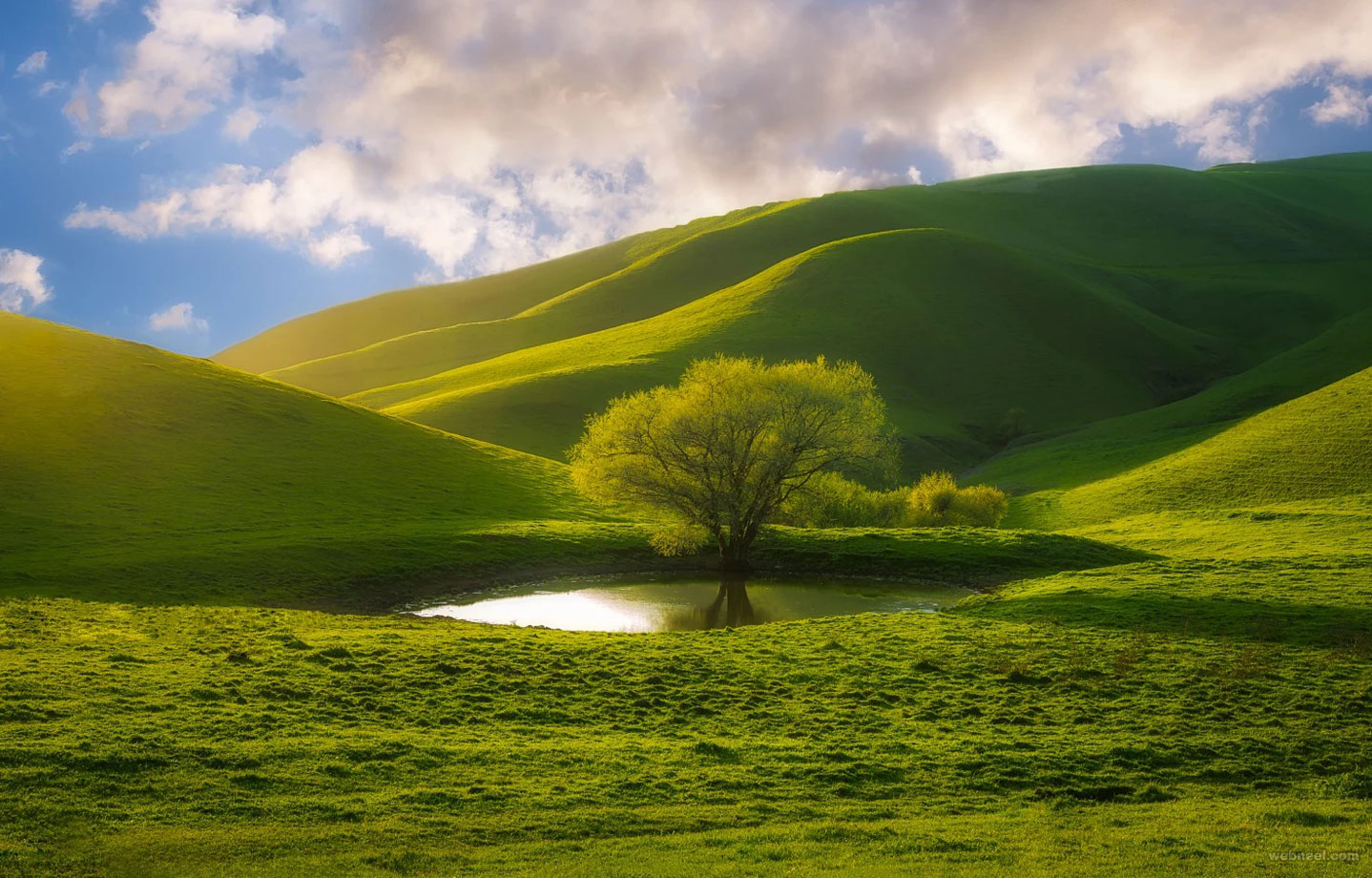Our lives now revolve around photography, the art of capturing moments and scenes with a lens. With smartphones having cameras, nearly everyone can be a photographer today. Enrolling in a photography course is a great place to start if you want to advance your photographic abilities and fully grasp the complexities of this art form. These programs are made to give new students a strong foundation and the fundamental abilities they need to produce beautiful photos.
Why Opt for Photography Courses?
An organized learning environment is provided through photography classes, which address both the technical and artistic facets of the profession. They serve diverse people, including total beginners with little to no camera experience, hobbyists looking to improve their talents, and even aspirant professionals looking to make their love into a living.
Starting: Fundamental Ideas
A photography course will introduce you to several key ideas that make up the foundation of this type of art. You’ll learn how the three components of the exposure triangle—aperture, shutter speed, and ISO—affect the brightness and clarity of your photos. You may organize the elements in your images for maximum impact by learning about compositional concepts like the rule of thirds, leading lines, and framing.
How to Use Your Camera
Learning to use a camera’s settings is one of the earliest difficulties for beginners. This process will be simpler with your camera’s many settings and capabilities, covered in a decent photography school. You’ll develop the self-assurance necessary to move from automatic to manual settings, giving you total control over your photographs. Additionally, you’ll see how various lenses can change the viewpoint and tone of your photographs.
Getting the Creativity Out
Photography is about expressing your creativity as well as the technical aspects. You’re encouraged to explore your artistic side in Photography courses (Fotokurser). You’ll discover how to conceive and put ideas into practice, make the most of lighting, and express emotions in your photographs. Your distinctive style will start to emerge as you go along.
Practical Knowledge and Recommendations
Photography is a discipline where “practice makes perfect” is true. Most courses offer assignments that test your ability to put what you’ve learned into practice. These tasks provide practical experience and let you try various approaches. Additionally, helpful criticism from professors and peers is priceless during critique sessions. You can obtain new views on your work while addressing your faults and identifying your strengths.
Proficiency with post-processing
In the era of digital photography, post-processing is essential. Simple editing techniques can improve your photographs and highlight the desired visual impact. Essential editing techniques are frequently covered in photography courses, and software programs that let you change your photos’ colors, tones, and compositions are introduced. With this collection of abilities, an average photo can become extraordinary.
Creating a network and portfolio
During a photography course, you’ll probably build a library of pictures demonstrating your development. These photos can be assembled into a portfolio, which is a useful resource if you’re considering pursuing a photography career. Additionally, the relationships you form with your classmates and teachers can develop into a support network, providing chances for cooperation and shared learning even after the course.
In conclusion, taking photography courses is a good method to start learning about the fundamentals of the art. They give newcomers the information, abilities, and self-assurance to take captivating pictures and start a creative adventure. Enrolling in a photography school is a step toward realizing your full potential as a photographer, regardless of whether you are interested in photography as a hobby or a prospective career.







